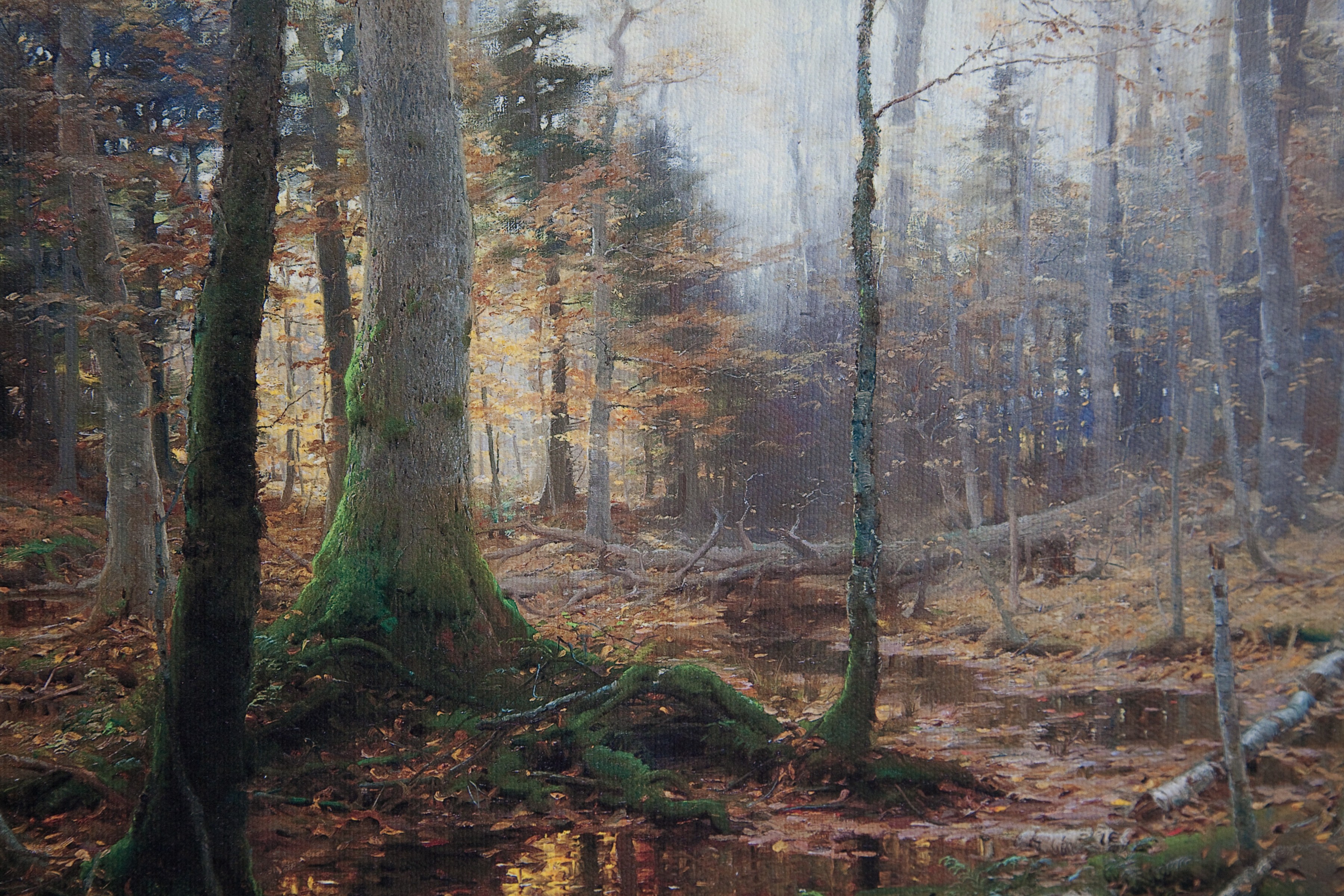
Gravitational Attraction
What would happen if two people out in space a few meters apart, abandoned by their spacecraft, decided to wait until gravity pulled them together? My initial thought was that …
In #articles

I heard a term yesterday that I hadn't every heard before, while listening to a very interesting interview/debate with Mike Licona on the Resurrection. The term is "naturalism of the gaps", as a parallel (and supposedly equally flawed) argument to the "god of the gaps". In a nutshell, it refers to those people who claim that someday there will be a natural explanation for a particular problem currently not understood (e.g. consciousness, origin of life, origin of the universe, etc...) As one apologetic website puts it,
Yet it is important to notice how entrenched naturalists are to their mindset and worldview. When it comes to science, only physical and material explanations are allowable (called methodological naturalism)–the supernatural is ruled out a priori (without examination). Also, some naturalists express excessive confidence that the future will explain reality. But they don't live in the future and it is illegitimate to appeal to the expected explanations of the future to explain present reality (what is needed is evidence in the present). This faulty form of reasoning constitutes the argumentum ad futuris fallacy ("accept this because future evidence will support it"). Ironically it might even be called "naturalism-of-the-gaps" reasoning.
There are two very straightforward responses to this kind of reasoning.
To bet on naturalism is simply to recognize this historical pattern, and to put your money down on the only horse that has ever won in this race against the horse that has always lost in this race.
On which horse would you put your money?